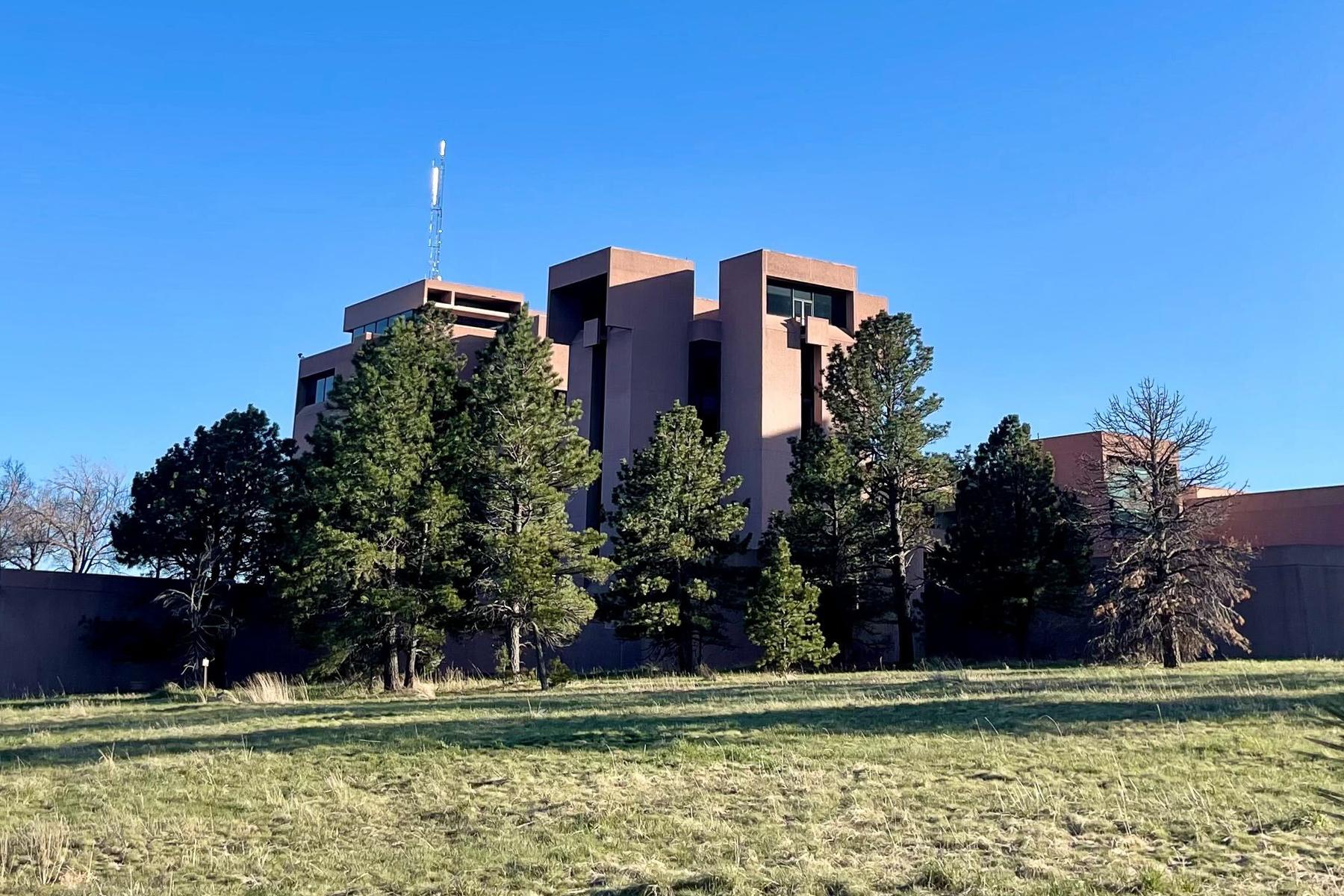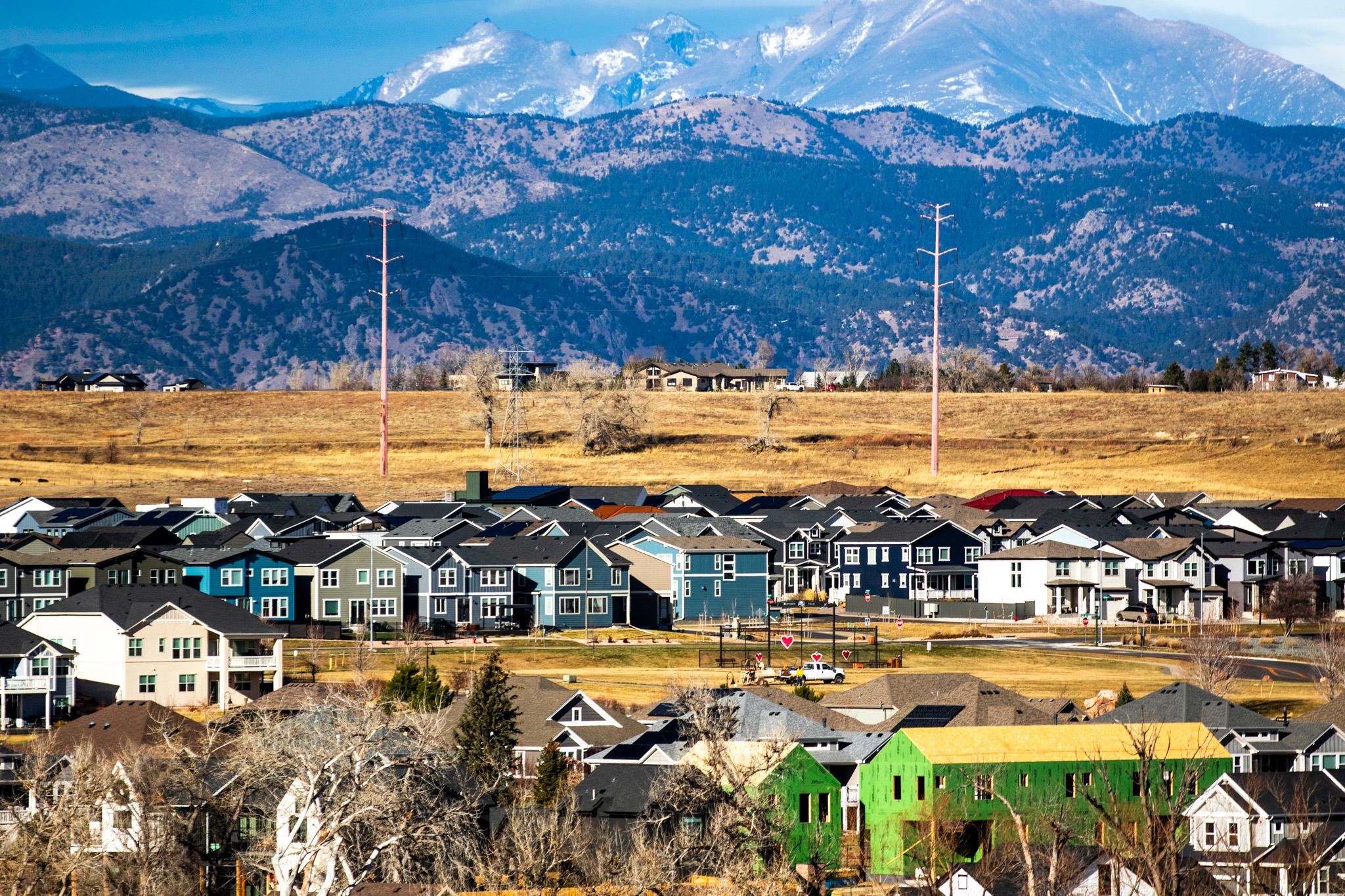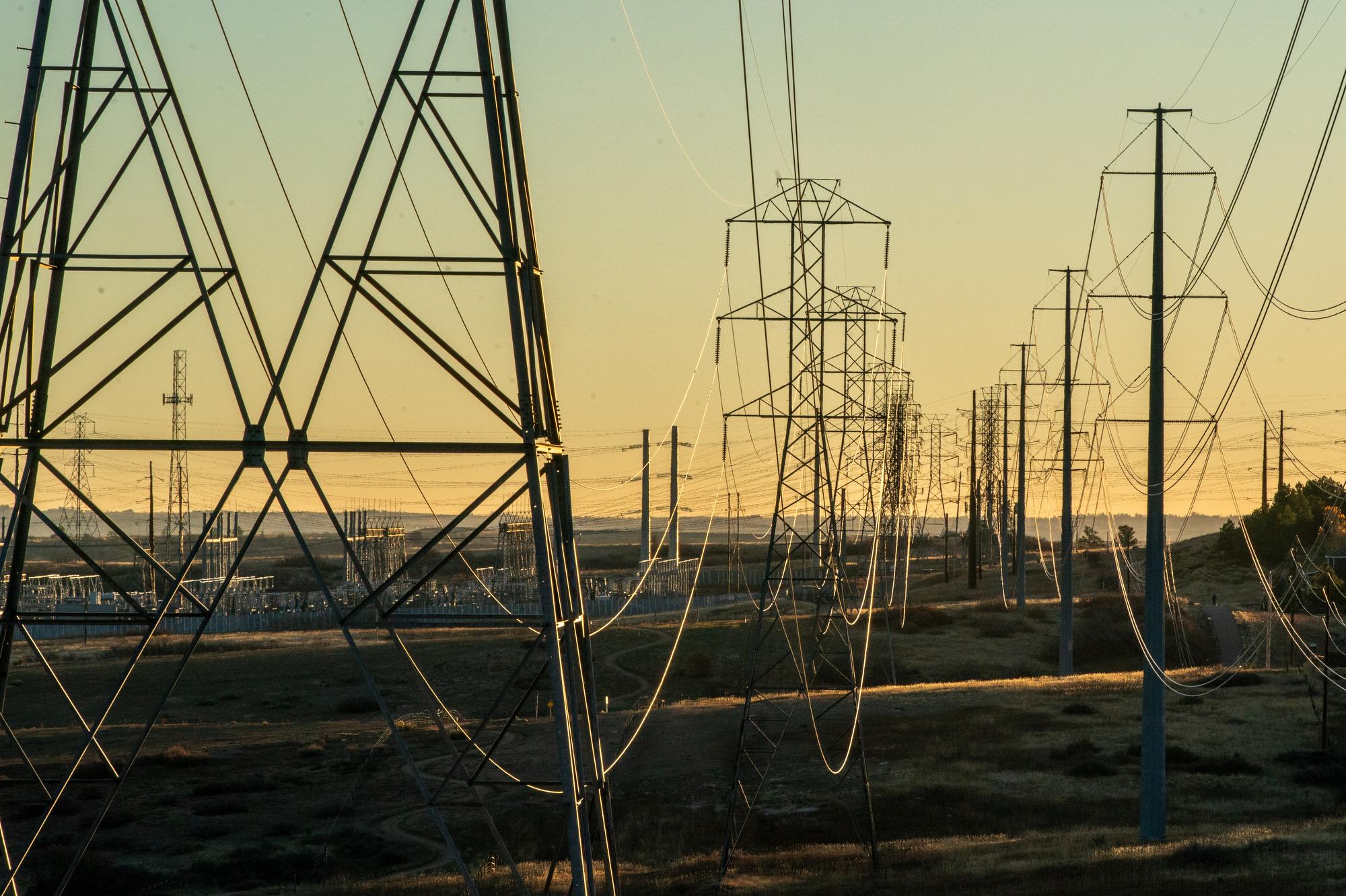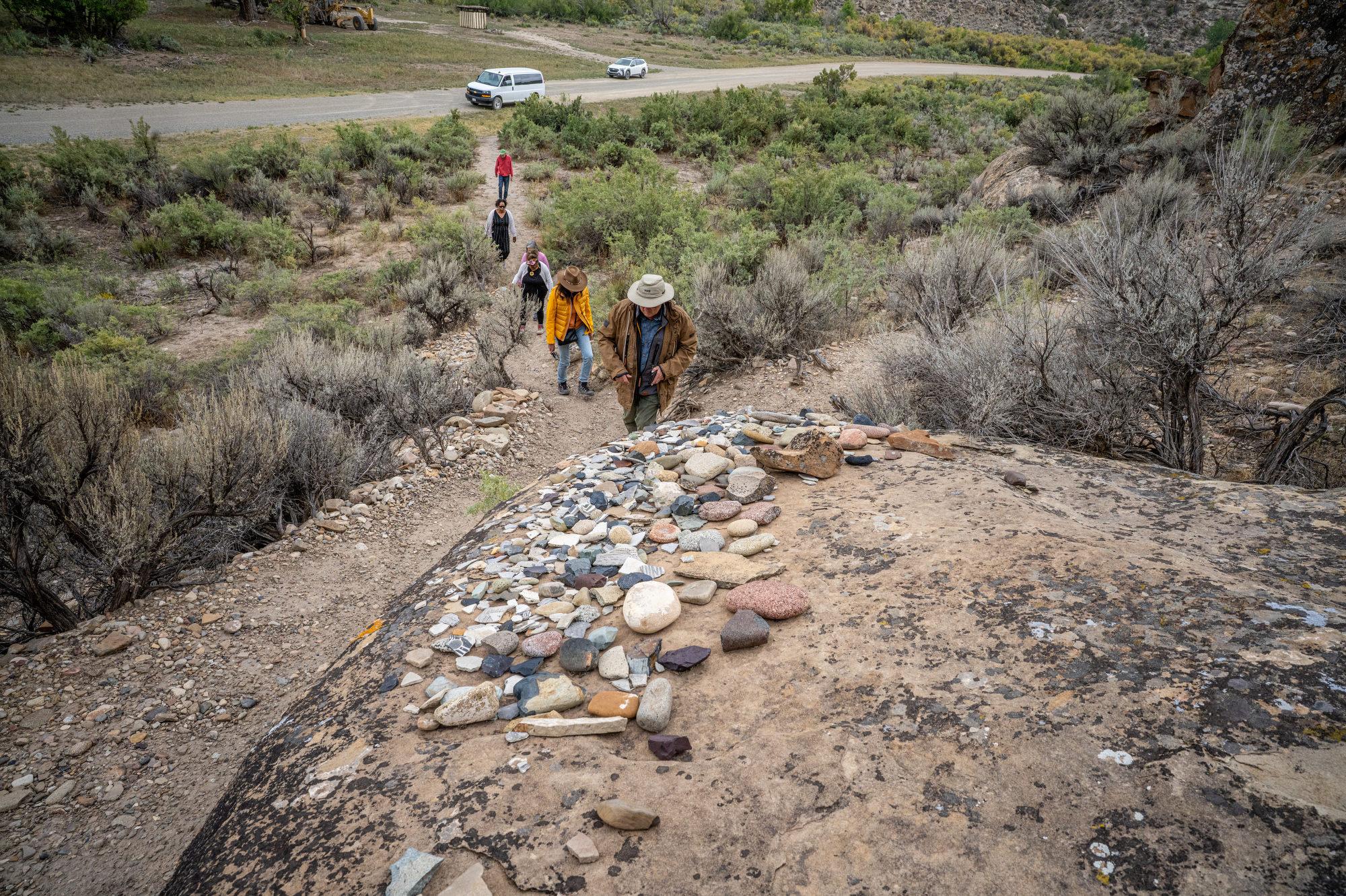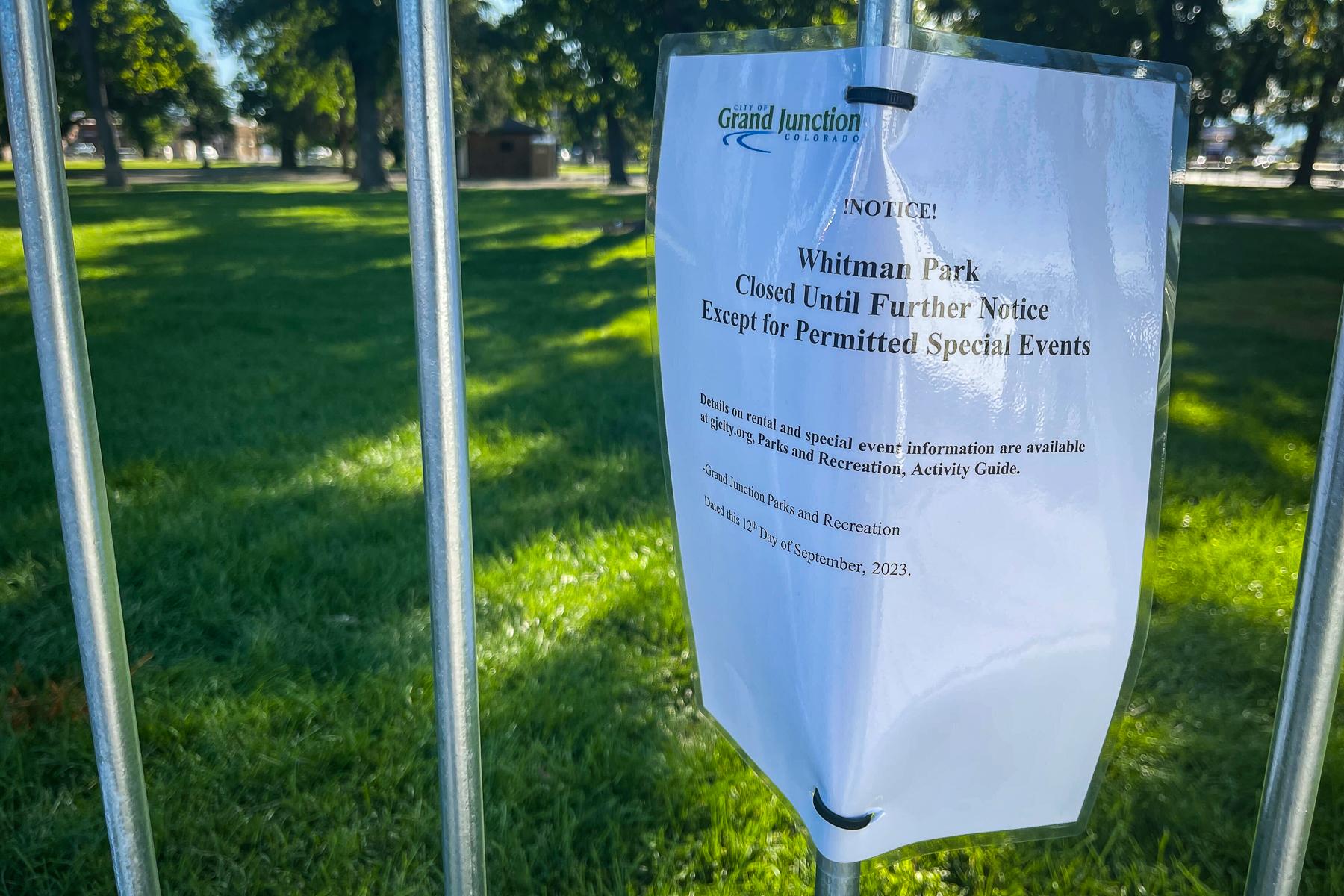
A downtown Grand Junction park popular with unhoused residents is not fit to be used as a distribution center for homeless services, according to city leaders.
A week and two public listening sessions after the unexpected closing of Whitman Park, City Manager Greg Caton — who some have pointed to as the person driving the decision — addressed organizers and activists about the city’s reasoning for making the park available on a reservation-only basis.
“We’ve had conversations with service providers about, is this the appropriate place for the delivery of meals and the delivery of services? And I would submit no, it’s not. So let’s have a conversation about the appropriate place for that,” Caton said during a listening session Thursday morning.
Members of the public who spoke to City Council at their regular meeting Wednesday night and again during Thursday’s event said closing Whitman Park was punitive to Grand Junction’s unhoused community. Members of local nonprofit organizations who work with the homeless said they were not given notice of the change, which now makes it more difficult to find residents who need assistance.
The city of Grand Junction shut down the park Sept. 12, closing it off with about $26,000 worth of steel barricades around the perimeter. At the time, Grand Junction Parks and Recreation Director Ken Sherbenou told reporters the move was made to accomodate planned park improvements. There is no timeline for the Whitman Park improvements will happen, however, leaving the location vacant and mostly off-limits for the indefinite future. Park access is still allowed with a reservation.
Following public outcry, the Grand Junction City Council carved out a pair of listening sessions — one at their regular council meeting Wednesday and another the following morning — to hear about the matter.
“I have been houseless twice from property managers asking three times of the already overpriced rent or they're just simply unaccessible,” Taylor Corpier told the council Wednesday night. “I am very lucky to have had those who are loving and caring. I can't imagine those who have no one. To face what they go through every day, especially right now, losing the only place that is safe to sleep right next to the police, running into people who hate them for something they have no full control over.”
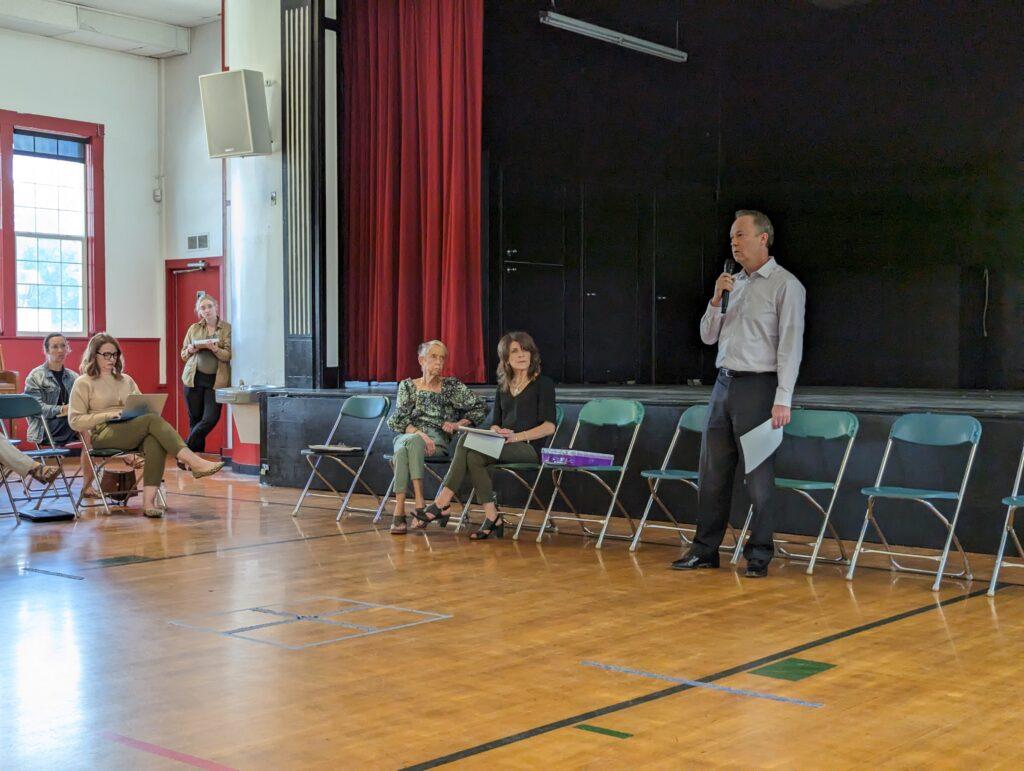
The public comment wasn’t universally against the city’s decision to close the park. Some attendees discussed how the matter only pushed the unhoused to other parts of the city while others admonished the policy for reflecting what they saw as a pattern of unserious action on the problem. Still, the City Council did hear from residents who lauded the decision, including the owner of a nearby auto repair business.
“I'm very happy that this last week it's been closed,” Rodney Snider said. “We have had zero people in my waiting rooms. I have to fight them off every day. They come in to take showers in my waiting room every single day. It's great. We've had a week of silence, no yelling, no screaming, no police coming to combat the issues, the drugs, the alcohol, all of it has stopped.”
Mike Anton, another nearby business owner, went a step further. He said advocates for the homeless community were only making the problem worse, and that the matter needed to be addressed in more plain language.
“They're just lazy. It's just that simple. You call it whatever you want, but it's laziness,” Anton said. “I go to work every morning, start at 5:30 in the morning, come home every night at five o'clock, done that now for over 30 years.”
Many in the activist community expressed disappointment with the lack of coordination ahead of the decision to close the park. Stephania Vasconez, founder of Grand Junction Mutual Aid Partners, said the unilateral decision to close the park cut against months of progress made by organizers and city staff.
“While I understand the decision was operational and I can only imagine how difficult it is to appease everyone in such a politically diverse community, this decision did not include the housing division or the service providers that have built these relationships and have begun to build the trust that is paramount to empower folks to seek the services and support needed to get into housing. This trust has been eroded and it feels like we're back at square one,” Vasconez said.
More money for homeless service provider
Long after most of the public left Wednesday night’s meeting, Grand Junction City Council did approve nearly $1 million in funding for one of the area’s homeless service providers.
The Joseph Center focuses on emergency housing for homeless women and their children. The grant approved by the city sends $947,704 to the center to help it expand operations. The expansion will provide 20 emergency shelter beds and new shower and laundry facilities, according to Mona Highline, founder of the Joseph Center. It will also pay for 15 beds for the center’s Golden Girls program — a targeted effort to assist homeless women over 50.
“The oldest one that we’ve had so far was 84. She was a retired school teacher and life happened. We were able to find her housing, we were able to get her services,” Highline said.
The money comes from American Rescue Plan Act funding, a stimulus package signed into law by President Biden in 2021. Grand Junction got around $10 million in the federal covid stimulus funds, which it chose to direct toward housing, homelessness and behavioral health. The vote to fund the Joseph Center passed 6-0, with Mayor Anna Stout absent.
In an interview Thursday, Caton, the city manager, also pushed back on the notion that the city was not acting with sufficient alacrity when it came to helping those who need it.
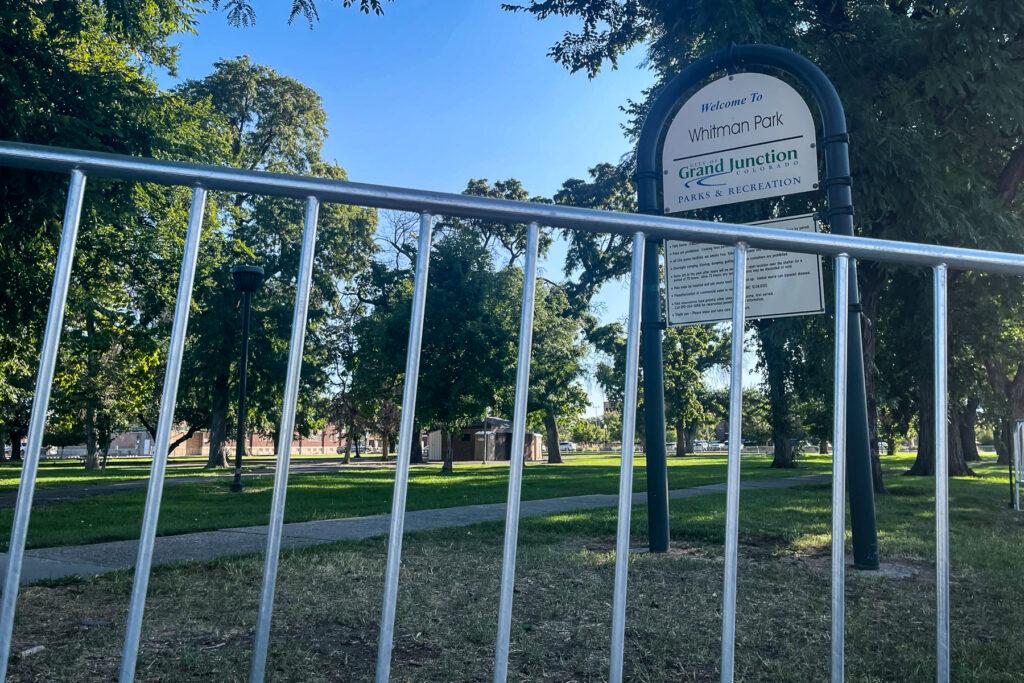
“We are adding more resources to housing and unhoused in the recent years than we ever have before and we plan to continue that in 2024,” Caton said.
Prior to Wednesday night’s meeting, City Council met in executive session to discuss the purchase of property at 754 Horizon Drive. That property is the location of a 90-room hotel which the commercial real estate website, LoopNet lists as being for sale for $4.6 million.
The hotel’s inclusion in executive session means the public is not privy to the discussions, but Caton said it is not unreasonable to assume the potential purchase is tied to city housing goals.
“There was an agenda item last night that was for executive session where we had discussed acquisition of a hotel property. So I think that represents back to an earlier question that we're moving at a speed and a trajectory that you've never seen the city move at before,” Caton said.

